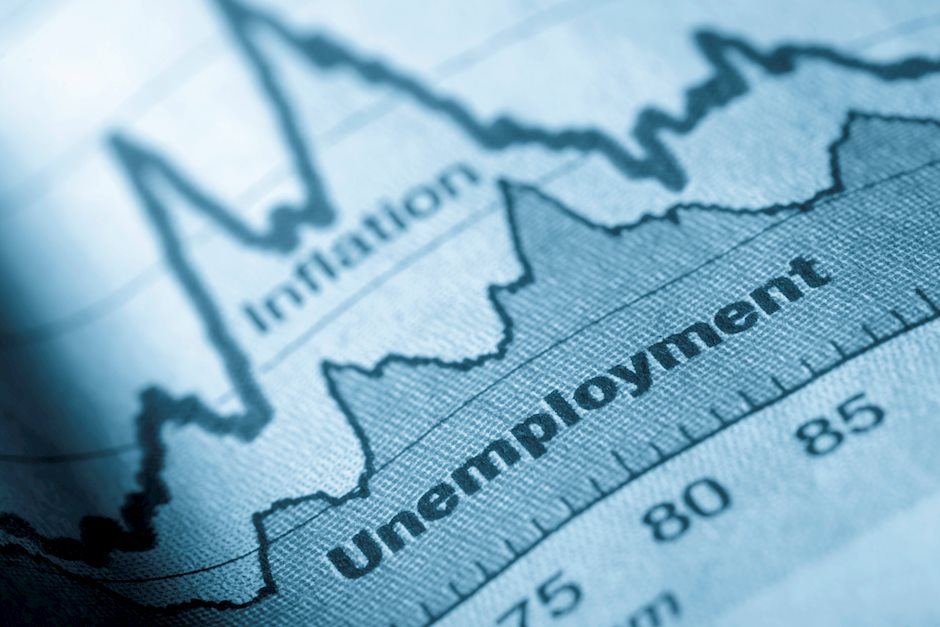Puerto Rico: A Disaster That’s Already Happening

One of my best friends in college hailed from Puerto Rico, the daughter of Cuban immigrants. I went to her wedding in Old San Juan and enjoyed a glorious few days on the island. Harry moved there a few years ago and often speaks of the beautiful setting and wonderful restaurants.
I get it. The place is gorgeous. But it’s also a disaster unfolding before our eyes, and it serves as an example of what’s to come on the Mainland.
I’m not referring to Hurricane Maria, or even the recent earthquakes. I’m talking about a man-made problem that will swallow the island hole: their self-inflicted debt problems and, more specifically, their pensions.
Puerto Rican finances are back in the news, although they’re rightly overshadowed by the spreading coronavirus. But if you happened to catch it, the Congressional Financial Oversight and Management Board (FOMB) just reached a deal with bondholders, which now goes to a bankruptcy judge for approval.
The deal calls for general obligation bondholders who own $35 billion in debt to accept $11 billion. The bondholders will get fewer bonds that pay less interest and have shorter maturities. They agreed to the deal because the FOMB threatened many of them with the prospect of long legal fights that could end with no compensation.
It’s worth a short refresher on the specifics. Puerto Rico’s Commonwealth Constitution specifically requires the island to pay lenders before paying any operating expenses such as salaries, rent, etc. The government ran up $35 billion in just general obligation bonds (there’s more debt for the power authority and others), and then claimed it couldn’t pay, stopped paying principal and interest, and sought bankruptcy protection. The government specifically broke its constitutional law by not paying the debt.
The FOMB claimed that bonds issued after 2012 might have been illegal because they put Puerto Rico above statutory debt limits. The remedy? Not pay those bondholders, and claw back any previous interest and principal payments.
That’s right. If you bought bonds duly issued by Puerto Rico, complete with a legal opinion and the affirmation of the Commonwealth government, they were still going to claim the bonds were illegal and, instead of giving your money back for their misdeeds, punish you by keeping your cash and demanding back any payments made.
And there’s precedence. This is exactly what Detroit did during its 2013 bankruptcy, although those bondholders didn’t have a (worthless) constitutional guarantee.
It gets worse.
Puerto Rico’s governor, Wanda Vázquez, doesn’t like the deal. She claims it doesn’t provide enough sweeteners for the Puerto Rican pension fund. That’s because the pension fund that Commonwealth government ran into the ground isn’t part of the equation.
Puerto Rico’s state pension has $50 billion in liabilities, and zero assets. What sort of sweetener does she want? Over the past several decades, administration after administration promised benefits it couldn’t pay and didn’t set aside the necessary funds.
If you ask who is supposed to pay for that, the governor has an answer. You are! First as an investor holding Puerto Rico bonds, where your claims should be slashed to zero, and then as an American taxpayer.
Just like Detroit before them, and soon Chicago and the state of Illinois after, Puerto Rico is a shining example of the growing cancer in American government finances. When it’s time to pay for the cure, there will be much handwringing about hurting those who worked a lifetime and only want what they were promised. After “much” deliberation, politicians will do what they call “the hard work” of compromise to find a solution, your investment and tax dollars.
Author

Dent Research Team of Analysts
Dent Research

















